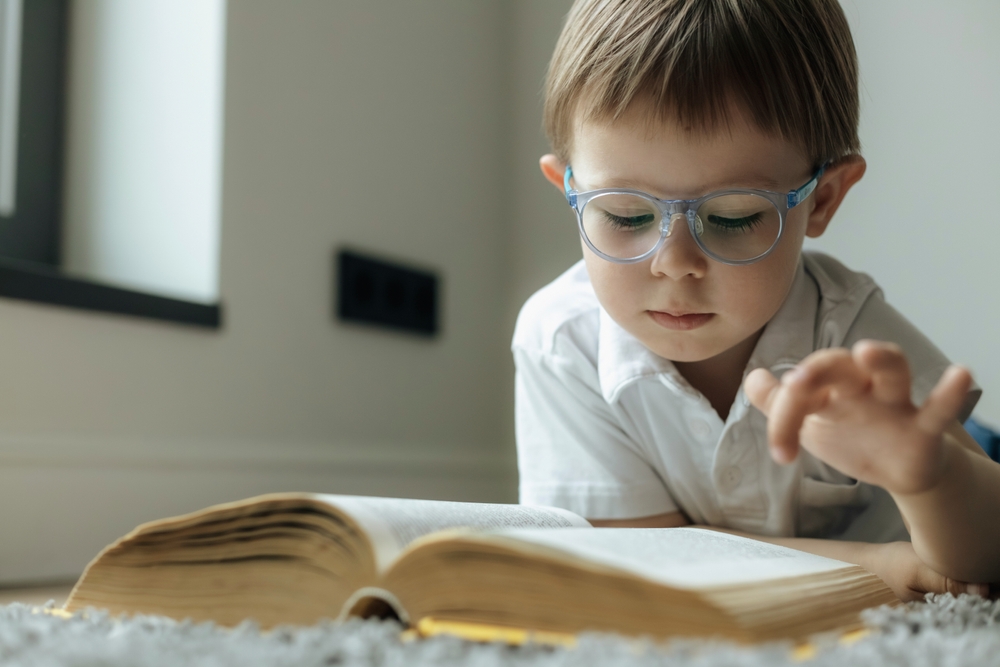How Myopia Affects Children’s Vision and Learning
Blog:How Myopia Affects Children’s Vision and Learning

How Myopia Affects Children’s Vision and Learning
As children grow, their vision plays a vital role in how they experience the world and succeed in school. One of the most common eye conditions affecting kids today is myopia, also known as nearsightedness. Studies show that childhood myopia is on the rise, making it more important than ever for parents to understand how it impacts vision, learning, and long-term eye health.
What Is Myopia?
Myopia occurs when the eye grows too long from front to back, or the cornea is too curved, causing light to focus in front of the retina instead of directly on it. As a result, distant objects appear blurry while close-up objects remain clear.
How Myopia Impacts Children’s Daily Lives
Children with untreated myopia may struggle in ways that aren’t immediately obvious. Some common challenges include:
- Difficulty seeing the board in class - Blurry distance vision can make it harder to follow lessons.
- Poor sports performance - Children may miss visual details while playing or have trouble judging distances.
- Increased eye strain and fatigue - Squinting or straining to see clearly can cause headaches and discomfort.
- Reduced confidence - Vision problems may lead to frustration, avoidance of certain activities, or lower self-esteem.
Because children often assume their vision is “normal,” parents and teachers may not realize there’s an issue until grades or behavior are affected.
Why Myopia Matters Long-Term
Myopia is more than just a need for glasses. High levels of myopia increase the risk of serious eye health issues later in life, such as retinal detachment, glaucoma, and macular degeneration. The earlier myopia develops, the more likely it is to progress into higher levels that carry these risks.
A Better Approach with Myopia Management
Traditional glasses or contact lenses correct blurry vision but don’t slow myopia’s progression. Thankfully, modern treatments like MiSight® 1 day contact lenses are changing the way eye doctors manage childhood myopia.
MiSight lenses are FDA-approved soft daily contact lenses designed specifically for children. They not only correct vision but have also been shown to slow myopia progression by up to 59%. This means clearer vision today and reduced risk of long-term complications tomorrow.
The Difference Early Treatment Makes
By starting myopia management early, parents can help their children:
- Maintain better distance vision for learning and play.
- Reduce dependence on stronger glasses over time.
- Lower their risk of future vision-threatening conditions.
- Gain confidence knowing their eyesight is protected.
Learn If MiSight® Is Right for Your Child
Myopia can significantly impact a child’s education, lifestyle, and long-term eye health. With myopia management solutions like MiSight, parents have a proactive way to protect their child’s vision and give them the best chance to thrive.
If your child is showing signs of vision problems or if you want to learn more about myopia management, schedule a pediatric eye exam with Texas State Optical today. Visit our office in Sugar Land, Texas, or call (281) 238-5668 to book an appointment.


